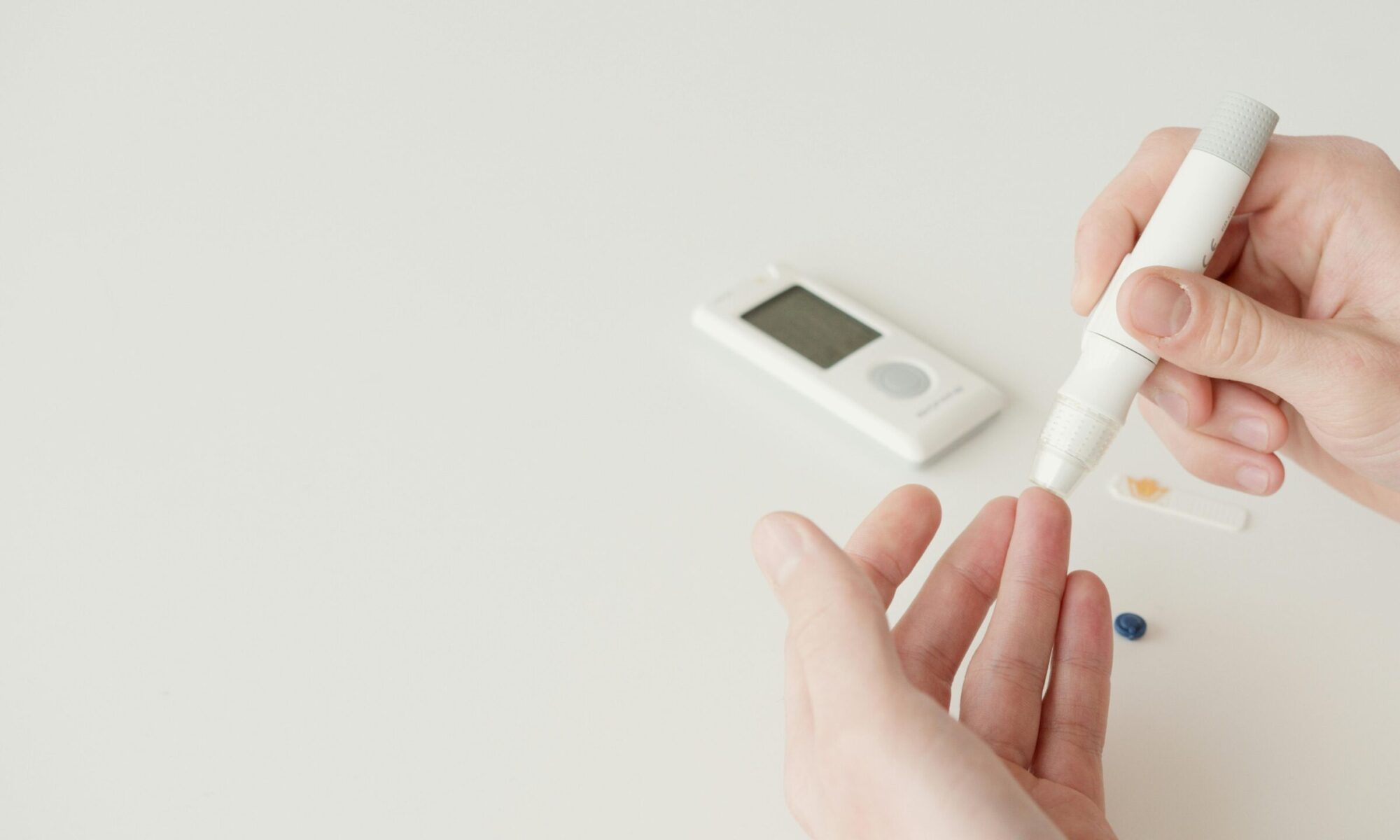For individuals managing diabetes, maintaining stable blood glucose levels is essential. However, frequent hypoglycemic episodes (low blood sugar events) pose significant risks beyond immediate symptoms. Hypoglycemia is often defined as blood sugar levels dropping below 70 mg/dL, with symptoms ranging from mild confusion to seizures or unconsciousness. When episodes occur frequently, they can have lasting impacts on both physical and mental health. This article explores these long-term effects and the importance of careful blood glucose management.
Impact on the Brain and Cognitive Health
The brain relies on glucose as its primary energy source, so repeated hypoglycemic episodes can lead to cumulative stress on brain function.
- Cognitive Decline: Frequent low blood sugar can impair concentration, memory, and reaction time. Long-term effects may include an increased risk of cognitive decline and dementia, especially in older adults with Type 1 or Type 2 diabetes.
- Risk of Seizures: Severe hypoglycemia can lead to seizures. Over time, recurrent seizures due to hypoglycemia may increase the risk of brain injury or damage.
- Mood and Emotional Changes: Frequent hypoglycemia can affect mood regulation, increasing susceptibility to anxiety, depression, and irritability. These emotional effects may compound the difficulties of managing diabetes.
Cardiovascular Effects
Hypoglycemia puts significant strain on the cardiovascular system. During a hypoglycemic episode, the body releases stress hormones (like adrenaline) to counteract low glucose levels, which can affect heart health over time.
- Heart Palpitations and Irregular Heartbeats: Adrenaline released during low blood sugar events can increase the heart rate and lead to irregular heartbeats, which may worsen over time if episodes are frequent.
- Higher Risk of Cardiovascular Events: Long-term exposure to hypoglycemic episodes has been linked to an increased risk of heart attack and other cardiovascular complications, especially in older adults.
- Blood Pressure Variability: Hypoglycemia can affect blood pressure control, which complicates cardiovascular health for those with diabetes.
Nervous System Desensitization (Hypoglycemia Unawareness)
Repeated hypoglycemic episodes can lead to hypoglycemia unawareness, where the body loses its ability to detect and react to low blood sugar levels. This is particularly dangerous, as the individual may not recognize symptoms until blood glucose levels are critically low.
- Reduced Symptom Awareness: Without the typical warning signs (such as shakiness, sweating, or dizziness), individuals may not realize they are experiencing hypoglycemia, which can lead to more severe and sudden episodes.
- Higher Risk of Severe Hypoglycemia: Hypoglycemia unawareness increases the likelihood of severe hypoglycemic events, which may lead to unconsciousness or hospitalization if not managed promptly.
Psychological and Social Effects
Living with the fear of hypoglycemia can significantly impact emotional well-being and social life.
- Fear of Hypoglycemia: Many people develop an intense fear of experiencing hypoglycemia, leading to anxiety, especially when engaging in activities where low blood sugar poses a risk, such as driving or exercising.
- Reduced Independence and Quality of Life: Fear of hypoglycemia can limit daily activities and social interactions, impacting a person’s independence and overall quality of life. This is especially common in individuals who experience frequent or severe episodes.
- Family and Caregiver Stress: Family members and caregivers often share the stress of managing hypoglycemia, leading to heightened anxiety within the support network.
Endocrine System Adaptations and Insulin Resistance
Frequent low blood sugar events can impact the body’s hormone regulation and insulin sensitivity over time.
- Hormonal Imbalances: The body’s stress response to low blood sugar involves the release of cortisol and other counter-regulatory hormones. Frequent hypoglycemia may lead to hormonal imbalances, which complicates diabetes management and can lead to weight gain or changes in metabolism.
- Insulin Resistance: Although insulin is used to treat diabetes, the body may develop resistance when frequent episodes of hypoglycemia lead to counter-regulatory adaptations. This can make diabetes harder to manage and may require increased insulin doses or additional medications.
Increased Mortality Risk
Research shows that frequent episodes of severe hypoglycemia may increase the risk of mortality, particularly in older adults with Type 2 Diabetes. Although rare, hypoglycemia-related deaths can occur if episodes are unmanaged, especially during sleep.
- Nocturnal Hypoglycemia Risk: Nighttime hypoglycemia is especially dangerous, as it may go undetected for hours, leading to severe complications.
- Increased Vulnerability in Older Adults: Elderly individuals with diabetes are at a heightened risk of hypoglycemia-related mortality due to factors such as slower recovery, reduced symptom awareness, and existing cardiovascular issues.
The Importance of Preventing Frequent Hypoglycemia
The long-term effects of frequent hypoglycemic episodes can be far-reaching, affecting mental, cardiovascular, and overall physical health. For individuals with diabetes, the goal should be to reduce the frequency and severity of hypoglycemia through careful blood glucose management, regular monitoring, and lifestyle adjustments. Working closely with a healthcare team to identify patterns and adjust treatment plans can make a significant difference in reducing the risks and leading a healthy, balanced life with diabetes.
Disclaimer:
The content on this website/article is community-driven and contributed by non-medical professionals. The observations and views expressed reflect the experiences and opinions of the non-medical community. You are strictly advised to seek the advice or opinion of a qualified medical professional before considering or acting on any information, opinions, or views presented on this website.
View Count: 28 Views

